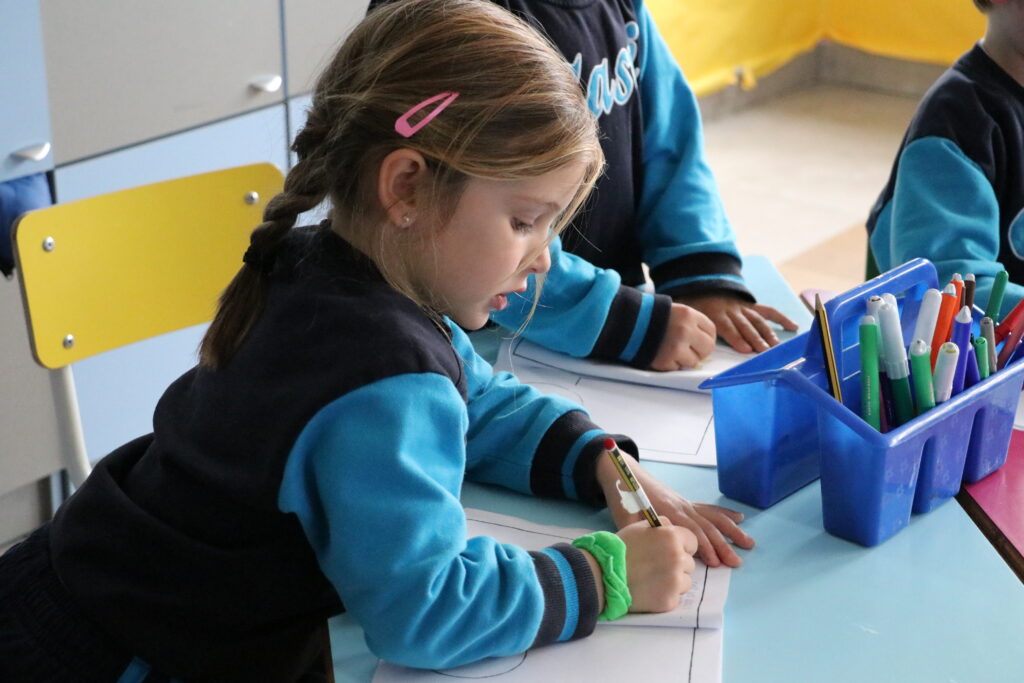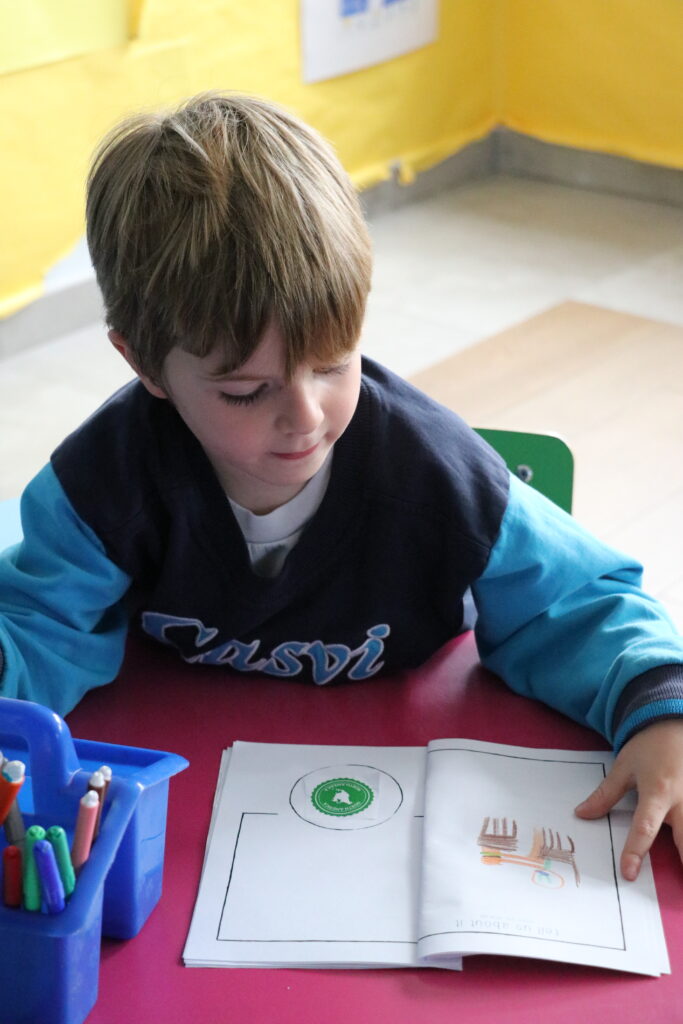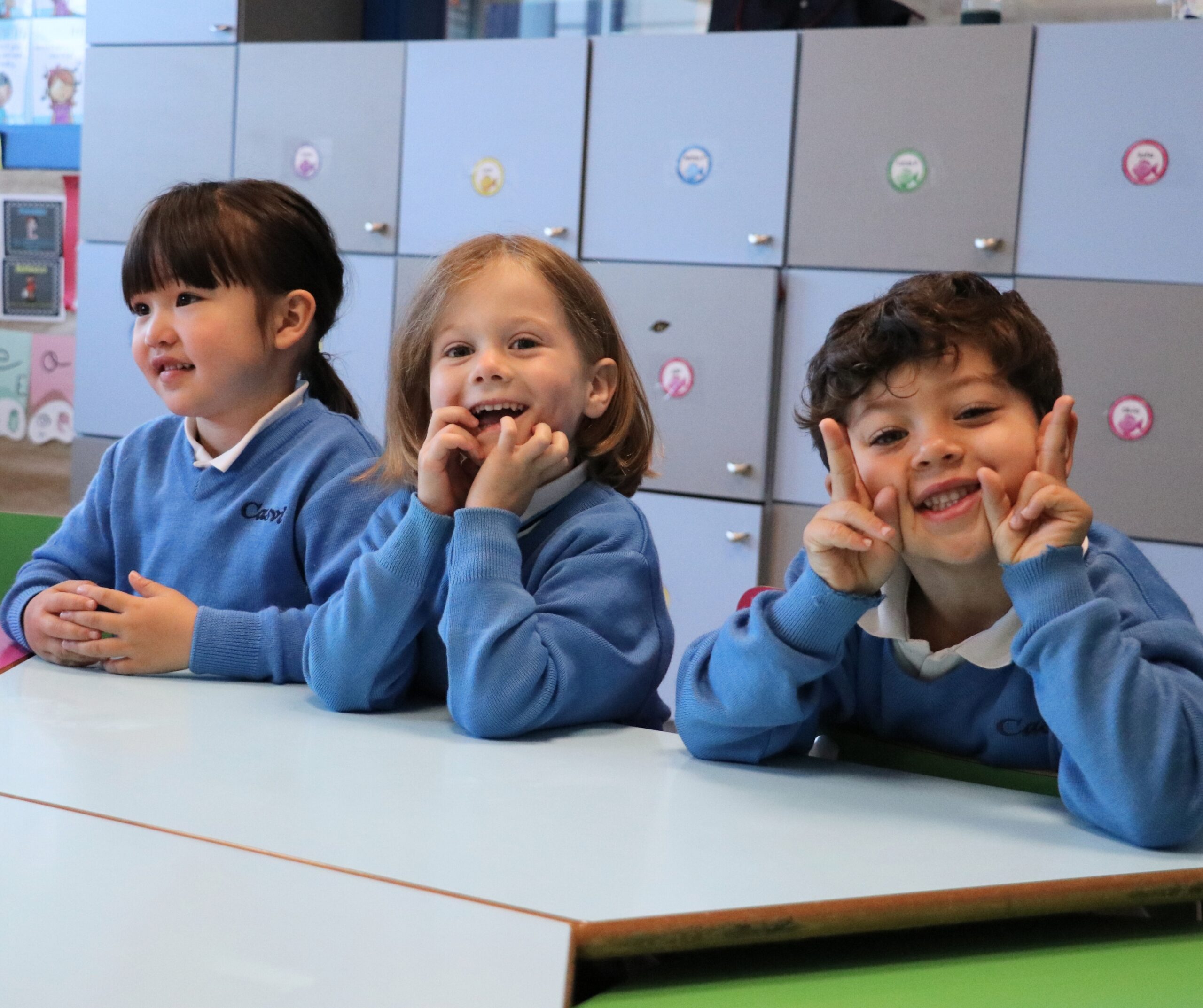In recent years there is beginning to be a transformation in how early childhood education is understood. Although teaching with a homogeneous approach still prevails, more and more parents, educators and researchers are betting on personalized early childhood education, according to UNIR.
This approach places the child at the center of the educational process, thus adapting to the abilities, interests and rhythms of each student from an early age.
What Is Personalized Early Childhood Education?
Personalized early childhood education is a methodology that aims to adjust to the particularneeds of each student. This represents a paradigm shift, as it breaks with the old conception that all children should learn at the same pace and with the same methods.
Personalized early childhood education adapts content, activities and teaching strategies to maximize the potential of each child, taking into account their learning style, strengths and areas for improvement.

Technology, a Fundamental Element of Personalization
Technology plays a key role in the implementation and optimization of personalized early childhood education. The complementary use of digitaltools such as educational apps, adaptive learning platforms, real-time tracking systems or industry-specific artificialintelligences allow teachers to monitor each child’ s progress and adjust activities as needed.
Benefits of Personalized Early Childhood Education

One of the main benefits of personalized early childhood education is that it helps reduce learning gaps from a very early age. Children who have difficulty keeping up with the traditional classroom, for cognitive, emotional or linguistic reasons, can receive the support they need without feeling stigmatized.
Likewise, those who have a special talent in a particular area, such as mathematics or the arts, can be challenged and encouraged to develop their skills to the fullest.
Moreover, this approach allows children to become autonomouslearners and responsible for their own progress. In fact, as they work at their own pace, they develop greater confidence in themselves and their abilities, in turn promoting self-reflection and critical thinking, essential skills for the integraldevelopment of the learner.
On the other hand, personalized education allows children to explore their own interests in a deeper way. This not only promotes curiosity, but also offers them the opportunity to be creative in their learning.
It also improves the student-teacher relationship, which favors the creation of an environment of trust, where the student feels more understood and supported.
Personalized Learning Plan
The personalized learning plan is a key tool in the personalized learning approach. The development of this plan is the result of an agreement between the student (in the upper grades ), their parents and their teachers.
This document sets out the learning goals and the resources and support needed to achieve them. In addition, it defines the monitoring and evaluation of the student ‘s progress.
However, this plan is not definitive, but is adapted and modified according to the student ‘s progress. In this way, it will always be updated and effective.
Learn more about our teaching methodology
At Casvi International American School we know that each child is unique, with their own interests, abilities and learning rhythms. That is why, thanks to technology and our professionals, we strive to offer an educational approach that adapts to each of our students from their earliest years, so that they can grow fully and develop their true potential.
If you want to know more about our teaching methodology, visit our website or contact us.

